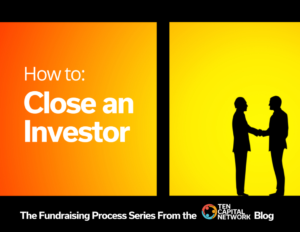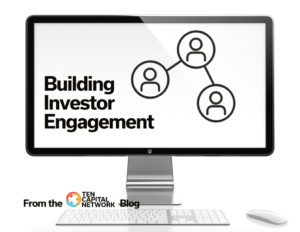
The Importance of Non-Financial Factors in Setting Valuation
1 min read There are financial factors in setting valuation for a startup, and then there are non-financial factors. Often, startups prefer to focus more of their attention on the financial side of things, and that’s okay. However, it’s just as essential to understand that other areas deserve attention. The non-financial factors can be just as important as the financial factors. Some non-financial factors include: Current market conditions As the market heats up, specific sectors turn hot. If a market turns hot, then it will command a higher valuation than the numbers indicate. Pay attention to the needs because they can determine your valuation. Predictability Companies with recurring revenue streams and long term contracts command a higher valuation because their revenue is much more predictable. If possible, try to aim for predictability to receive a higher valuation. Customer concentration Startups with a broader list of customers will survive longer. If a customer accounts for over half of the business, you should reflect that in the valuation. Take a look at your business and figure out how you can appeal to the broadest base. Pre-profitability For early-stage companies, those with profitability should command a higher valuation. If at all possible, aim for profitability. Pre-revenue For early-stage businesses without revenue, intellectual property and customer forecasts are essential. If you are in a pre-revenue stage, try to focus heavily on IP and customer forecasts for the best valuation. Read more: http://staging.startupfundingespresso.com/eguide/ Hall T. Martin is the founder and CEO of the TEN Capital Network.TEN Capital has been connecting startups with investors for over ten years. You can connect with Hall about fundraising, business growth, and emerging technologies via LinkedIn or email: hallmartin@tencapital.group









